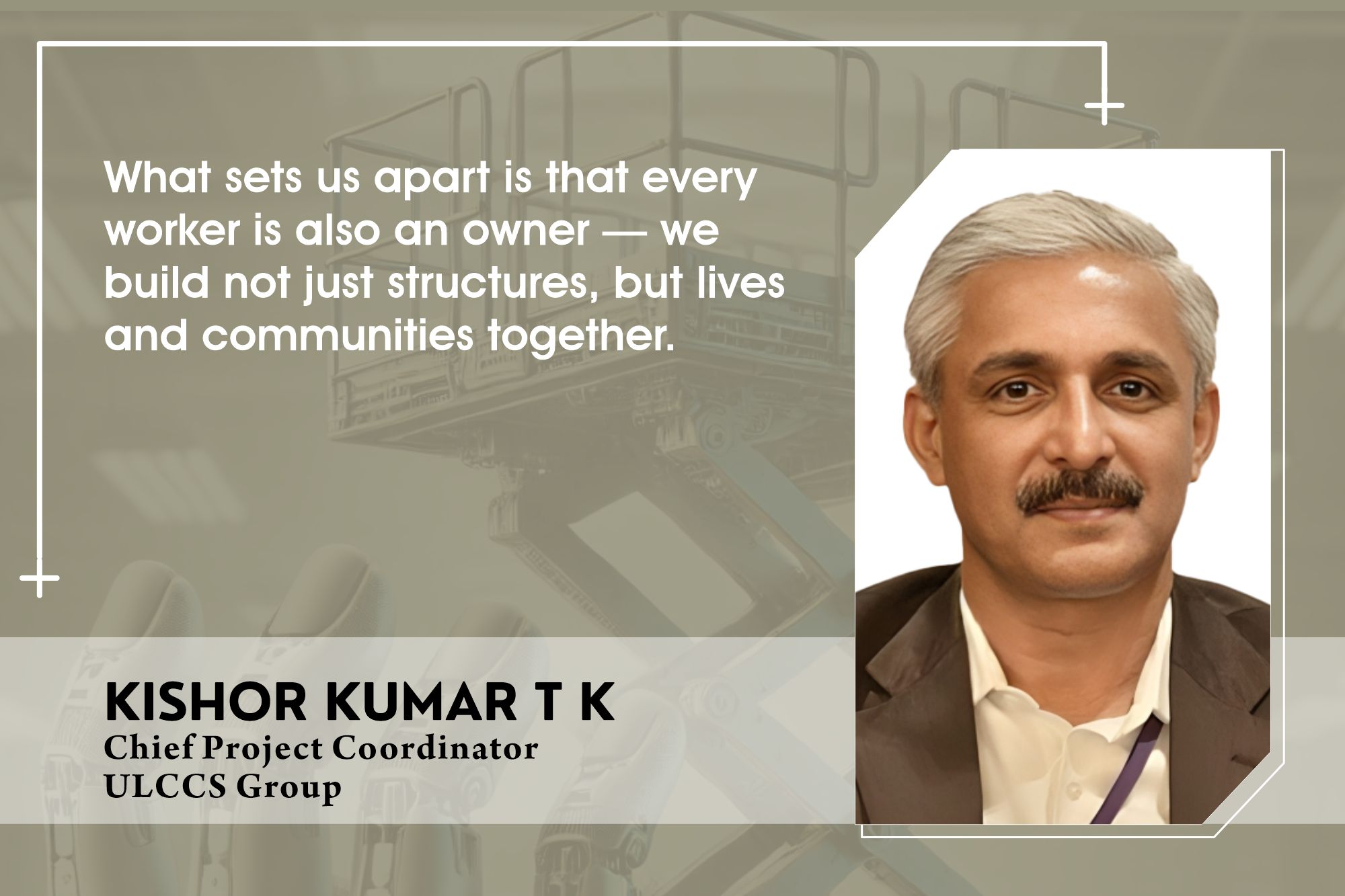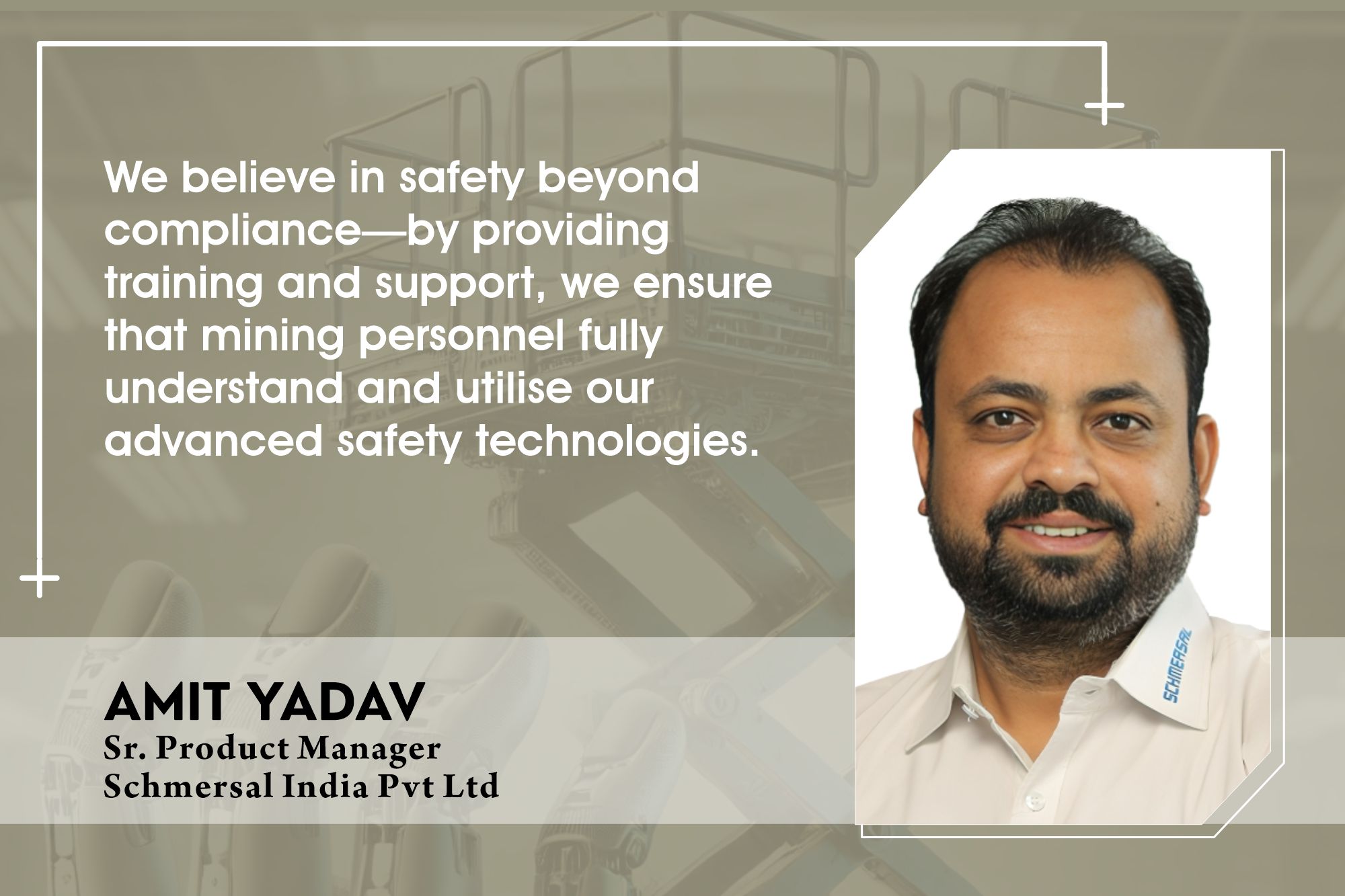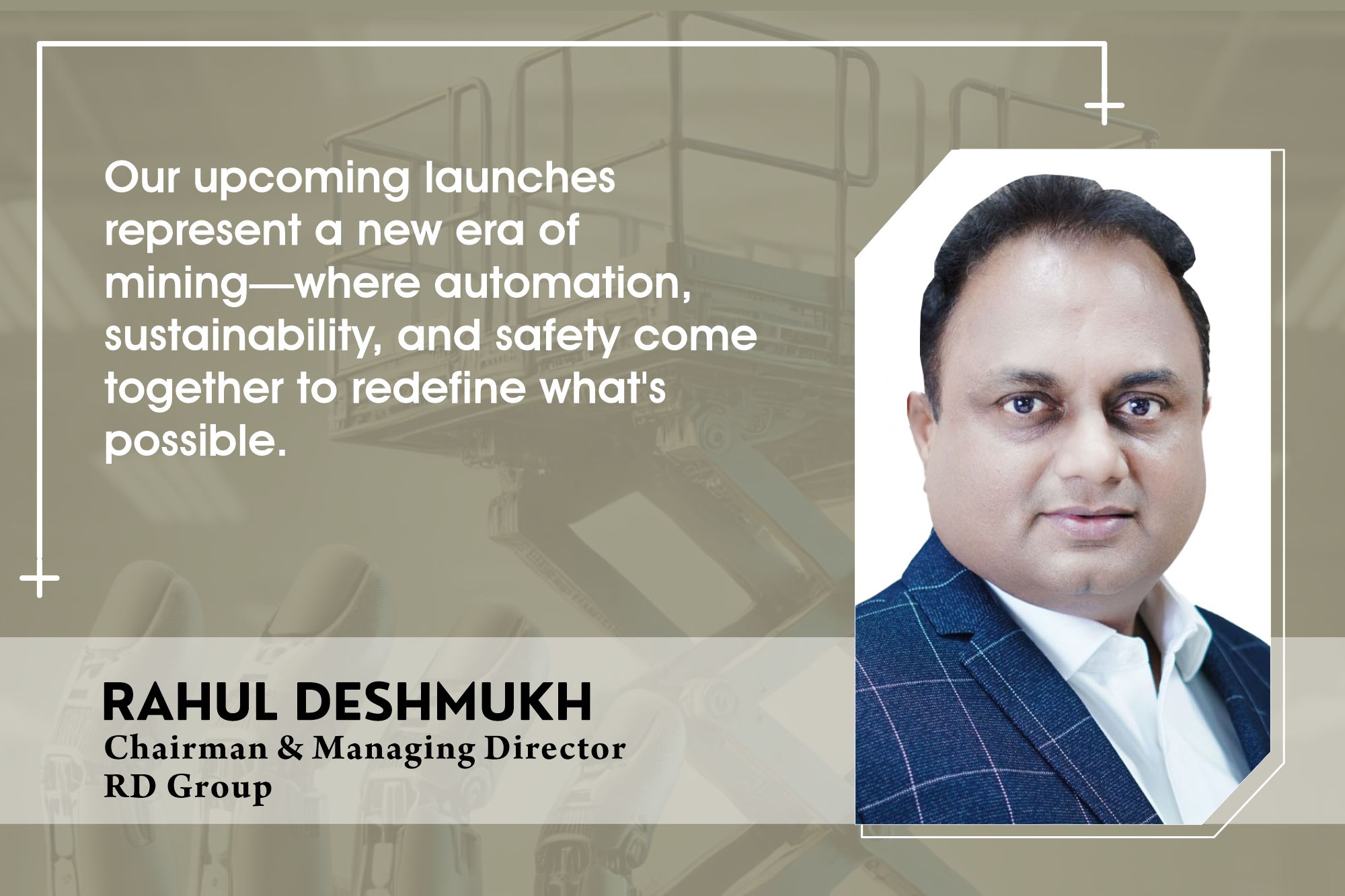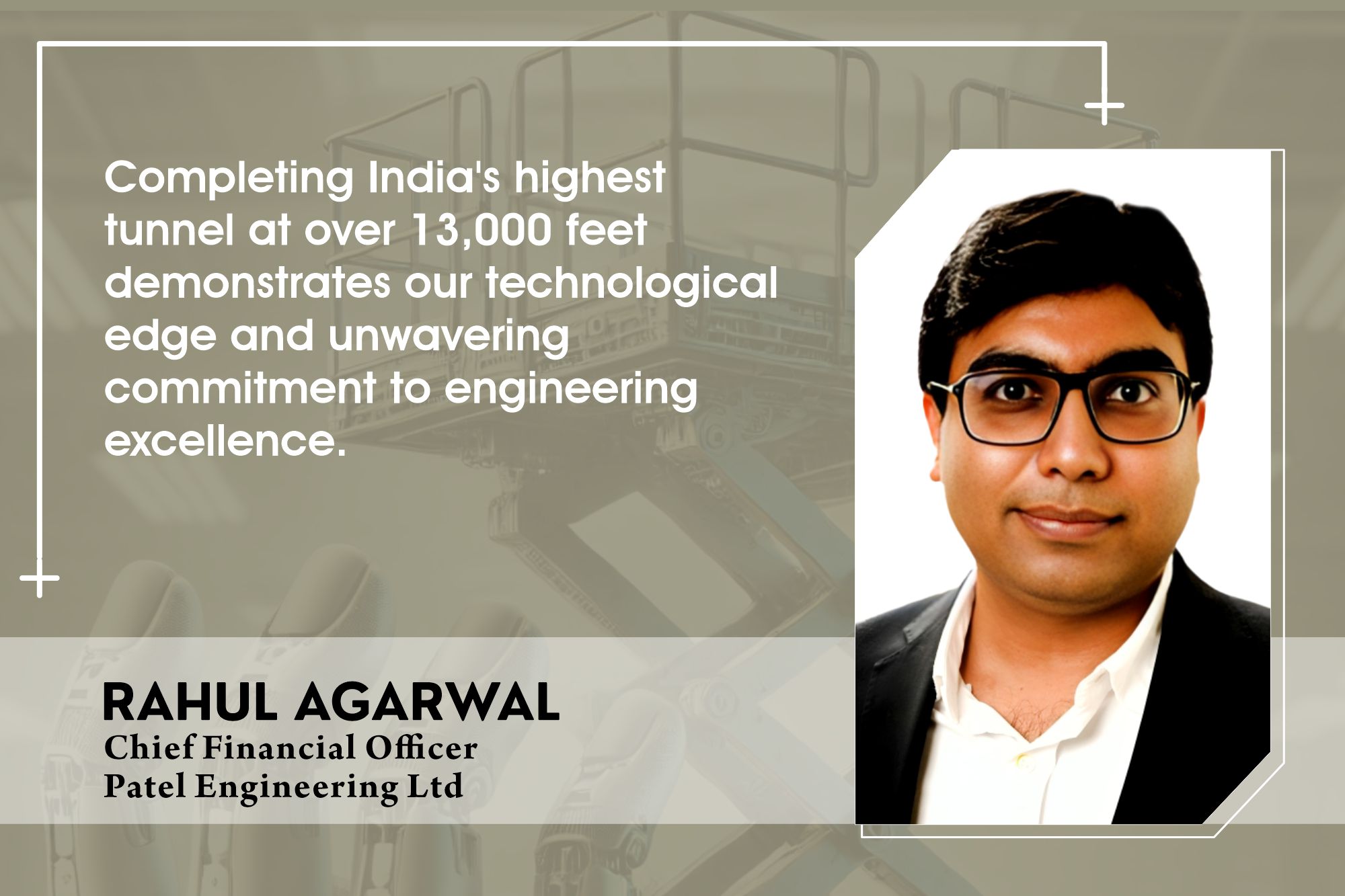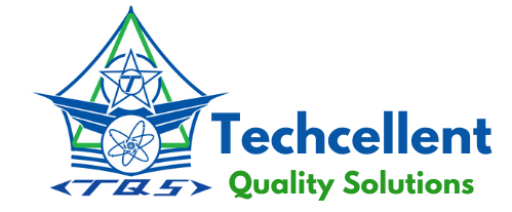Advanced eco-friendly road construction technologies are attracting investments
By Edit Team | June 7, 2023 5:47 pm SHARE

Real-time monitoring solutions and transparency foster trust and consciousness towards building a quality and reliable infrastructure.
Dheeraj Panda of Sany India & South Asia, in an interview with B2B Purchase Magazine, highlights the visible reformations happening in the Indian infrastructure sector and the highway construction business.
What steps is the government taking to build 60,000km of highways by 2024, and how will it impact the country’s road infrastructure and economy?
The construction of roads and new highways is expected to bring several benefits. Improved connectivity between cities, towns, and rural areas will reduce travel time and enhance accessibility. This, in turn, will facilitate the movement of goods, leading to improved efficiency in logistics and supply chains. The creation of new highways will also provide alternative routes and bypasses, thereby alleviating traffic congestion in major cities. Additionally, the incorporation of advanced safety measures like wider lanes, better signage, and improved lighting aligns with the government’s emphasis on road safety.
From an economic perspective, the construction of new highways has the potential to generate employment opportunities for skilled and unskilled labour in both urban and rural areas. Furthermore, enhanced road infrastructure will attract investments, spur trade, encourage industrial development, and promote tourism, thereby stimulating overall economic growth.
Which new equipment and materials are being utilised in constructing roads and highways?
The utilisation of new materials is evident in road and highway construction. Advanced asphalt mixes offer improved durability, reduced rutting, and lower energy consumption during production. The use of recycled materials like reclaimed asphalt pavement (RAP) and recycled concrete aggregate (RCA) minimises waste and conserves natural resources.
Incorporating various types of equipment, such as Asphalt Pavers, Motor Graders, Soil Compactors, piling rigs, and
excavators, significantly improves efficiency and enhances the overall quality of road construction. Advanced technologies like GPS and telematics optimize product performance by providing accurate data and increasing productivity. Embracing eco-friendly equipment, including low-emission vehicles and energy-efficient machinery, minimises the ecological impact of construction activities.
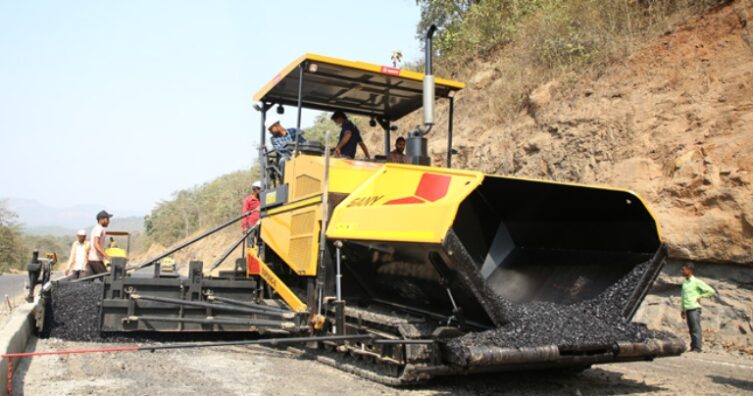
How would technologies like realtime monitoring systems, drones and advanced technologies, will impact the road construction quality?
The monitoring system improves safety by identifying unsafe conditions and allowing timely interventions to mitigate risks and reduce accidents. Accurate data aids in effective asset management, optimising resource allocation and minimising wastage, resulting in cost-effective maintenance and repairs. Real-time monitoring ensures adherence to standards during construction, enabling early detection of deviations and timely corrective actions. Moreover, the transparency provided by advanced technologies fosters trust among stakeholders and promotes a culture of quality consciousness in road infrastructure development. Overall, the real-time monitoring system contributes to efficient operations, proactive maintenance, improved safety, effective resource utilisation, and transparency in road infrastructure projects.
How will NHAI’s new policy that allows private companies to invest in and operate highways across the country impact the development of India’s road infrastructure?
NHAI’s new policy emphasises increased private sector participation in road infrastructure development, leading to accelerated construction and expansion of highways in India. Private companies bring innovative financing models and expertise, enhancing road connectivity and improving transportation efficiency. They can generate revenue through tolls or user fees, sustaining highway maintenance. The policy also creates job opportunities and promotes skill development. However, challenges include balancing private interests with the public welfare, ensuring fair competition, transparency, and quality standards, and addressing toll collection and public access issues. Effective policies and management are necessary to strike a balance, regulate private operations, maintain quality standards, and address concerns related to tolls and public access.
For more details visit: https://www.sany.in/
Cookie Consent
We use cookies to personalize your experience. By continuing to visit this website you agree to our Terms & Conditions, Privacy Policy and Cookie Policy.


